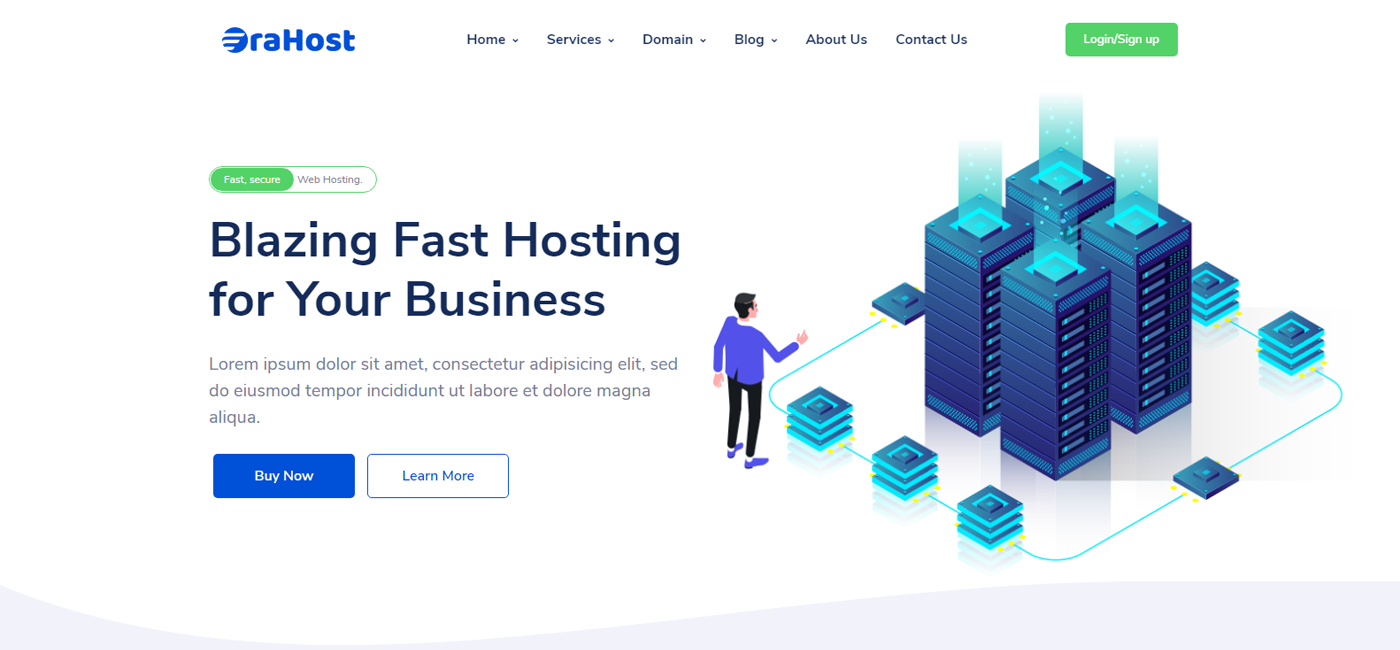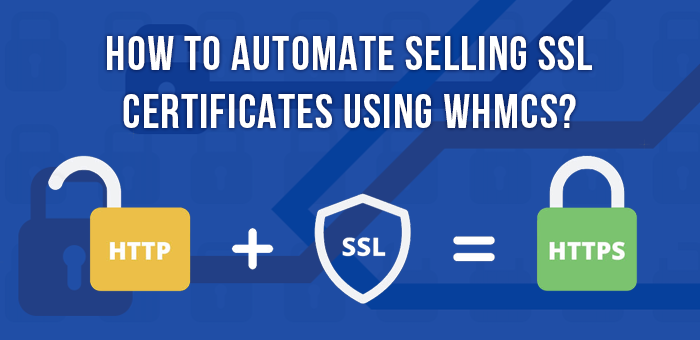With the launch of Chrome 69 in September 2018, Google has planned to remove all the indicators from the URL address bar. The websites with SSL certificates installed will not show green address bar, HTTP wording and the padlock icon. However, the websites without any SSL certificate will show a warning in URL bar-Not Secure”.
What is an SSL Certificate?
The full form of SSL is Secure Sockets Layer. It is a security protocol which creates an encrypted and secure connection between a web browser and a web server.
In order to create an SSL connection on a web server, the websites need a certificate, which is called an SSL Certificate.
Importance of SSL Certificate
When the users install an SSL certificate on a web server, a secure padlock and https protocol are activated for the website. This allows end-customers to securely submit personal and sensitive information such as banking details, credit/debit card details, login credentials, etc.
When the end-customers and visitors see the signs of SSL Certificate installed on your website, they feel confident that you protect their data.
An SSL minimizes the risk of personal information getting into the hands of hackers and thieves. The uncertified websites can migrate to HTTPS by installing an SSL certificate.
Additionally, the websites with SSL have several other advantages, including more performant website, improved SEO rankings, and faster website speed.
What’s new with Chrome 68 and Chrome 69?
Google said that most of the websites on internet are adopting HTTPS, and the websites which will not show any indicators will be safe by default. This functionality will be featured with Chrome 69. The ‘Not Secure’ warning will start featuring with the release of Chrome 68 in July.
“We’ll step towards removing Chrome’s positive security indicators so that the default unmarked state is secure,” said Emily Schechter, Product Manager, Chrome Security.
Currently, the URL bar in Chrome shows ‘Secure’ indicator and a padlock icon for the websites with SSL certificate. On the other hand, it shows ‘HTTP’ for websites that haven’t installed an SSL. The ‘S’ in the HTTPS stands for ‘secure’.
With Chrome v69, the “Secure” wording will be removed and only the padlock icon will be visible for secure websites. Moving ahead, Google will remove the padlock icon as well.
Hence, whenever a user will enter the data on a HTTP website, the browser will flash a ‘Not Secure’ warning in red in the web URL bar.

“We hope these changes continue to pave the way for a web that’s easy to use safely, by default. HTTPS is cheaper and easier than ever before, and unlocks powerful capabilities – so don’t wait to migrate to HTTPS!” added Emily Schechter.
Along with Google Chrome, the Mozilla browser will also show such warnings. According to a research, the Chrome and Mozilla together account for more than 65% of the web traffic.
How to sell SSL Certificates using WHMCS?
The new functionalities in Chrome are a big opportunity for SSL certificate providers and web hosting companies. There are many websites which are unaware of the changes Google is making. You can help them and your customers to prepare for this change before their sites begin showing ‘not secure’ warning.
Using WHMCS 7.10 and later versions, you can start selling SSL certificates with full automated issuance and deployment. It’s very easy and quick to sell SSL with an instant activation.
WHMCS MarketConnect allows you to start selling SSL in less than a minute. It comes with ready-made landing pages which helps your customers learn more about the advantages of SSL, and go through the other SSL offerings on your site.
WHMCS is a partner of Symantec, and enables web hosters to sell SSL certificates from leading brands like RapidSSL and GeoTrust.
Suggested Reading: TOP 5 WHMCS FEATURES THAT HELP YOU COMPLY WITH GDPR

